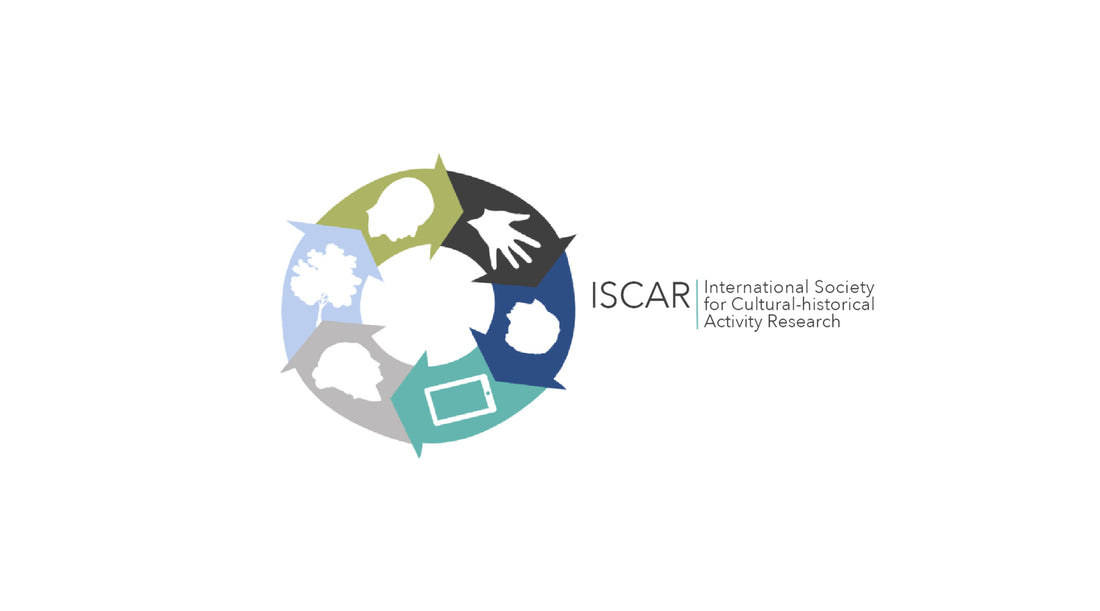
A Tribute to our Colleague and Friend, Dr. Fiodor Efimovish Vasiliuk


University of Ioannina
School of Education
Department of Early Childhood Education
Full Professor Katerina Plakitsi
University Campus 45110 Ioannina Greece
E-mail:kplakits@gmail.com;
Website: http://users.uoi.gr/kplakits
Tel.:+306972898463, +302651005771
Fax: +302651005842
A Tribute to Fiodor Efimovish Vasiliuk
Katerina Plakitsi
ISCAR President
On behalf of the ISCAR Executive Committee and the ISCAR Society
A Tribute to our Colleague and Friend, Dr. Fiodor Efimovish Vasiliuk
On behalf of the ISCAR Executive Committee and the ISCAR Society, I would like to mention that in whatever role we knew Fiodor Efimovish Vasiliuk, he stood apart as someone special! His special abilities and charismatic personality were readily apparent in the ISCAR researching endeavor! It was clear that he would most likely have an outstanding career as a scholar.
Fiodor was committed to research focused on The Psychology of Experiencing (1984/1988), which constitutes the first important contribution to the field of psychodynamic theory made by a Soviet author in the last 50 years. He was passionate about his effort to integrate Western ideas with the psychological principles developed in Vygotsky’s school. He was a transformative leader and change agent who had a highly original approach to the phenomenon of coping with critical psychological situations. He had a gift of innovative thinking, a visionary spirit, and the tenacious patience required to successfully integrate classical and more recent Western studies of the psychodynamics of the unconscious.
The central notion of Vasilyuk’s theory is that of “experiencing perezhivanie.” The Russian word perezhivanie has a spectrum of different meanings. In the context of Vasilyuk’s work it should probably be rendered as ‘‘living through” a crisis. The term experiencing denotes “a special inner activity or inner work by means of which an individual succeeds in withstanding various (usually painful) events and situations in life, succeeds in regaining the mental equilibrium which has been temporarily lost-succeeds, in short, in coping with a crisis” (p. 18). Although Vasilyuk discusses different critical situations, his most original contribution is to understanding how we endure deep, existential crises.
In addition to his devotion to his work and to the improvement of psychology locally and globally, Fiodor always found time for the young generation supporting the ISCAR Summer Universities in Moscow. It was a privilege for ISCAR Society to have shared parts of Fiodor’s life. His public recognitions reveal that his, was a distinguished career of considerable import! Energy, commitment, integrity are all words that begin to capture ISCAR’s image of Fiodor. Would that we had many more like him. But he was one of kind and will be sorely missed as a colleague, scholar and friend. ISCAR Society will be poor without Fiodor Efimovish Vasiliuk but rich with the legacy he left behind.
Katerina Plakitsi
ISCAR President
